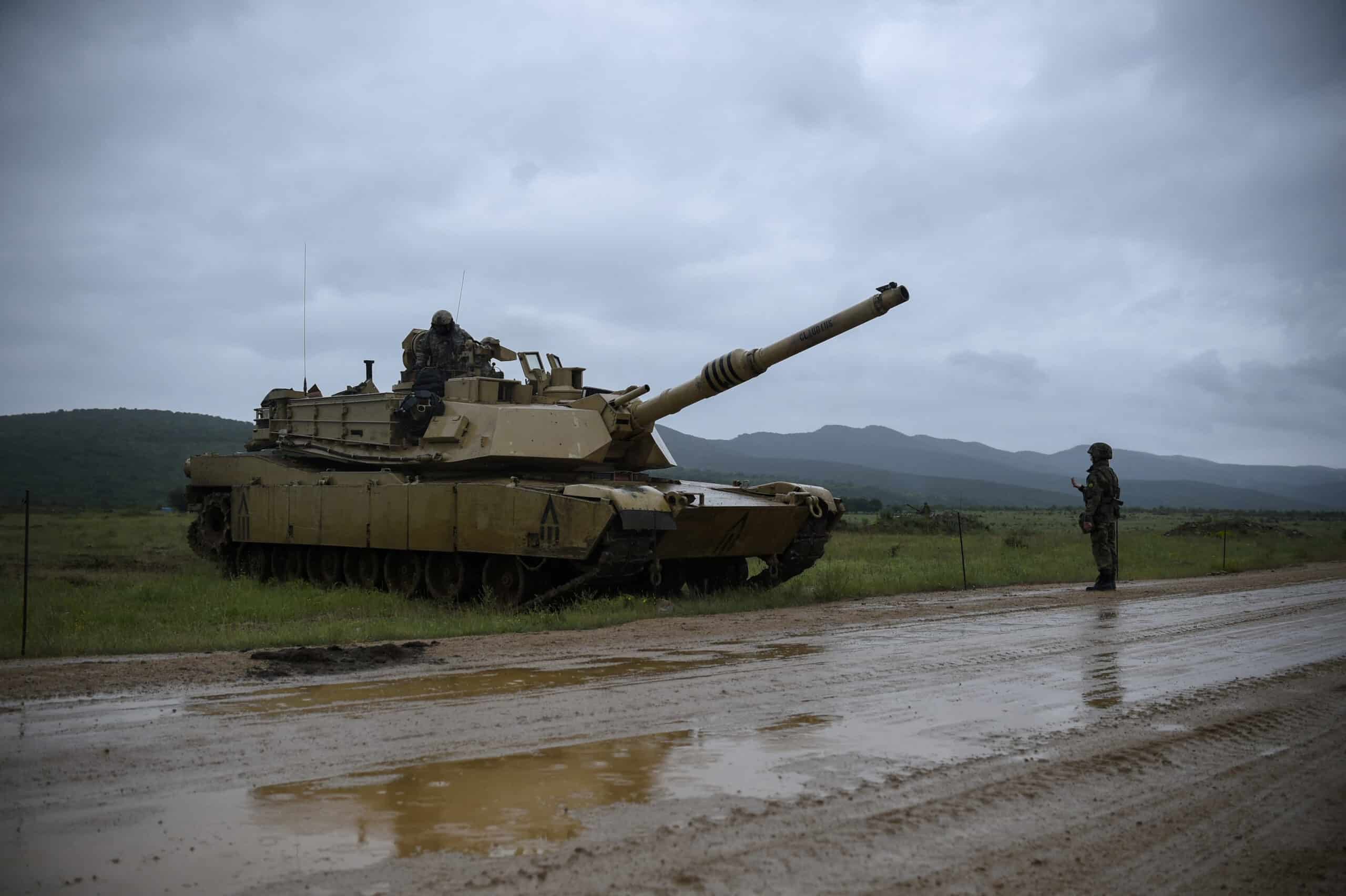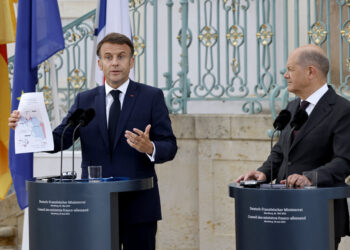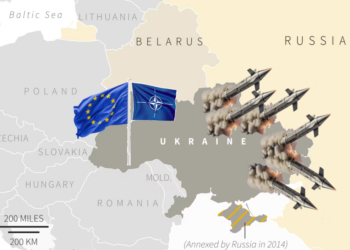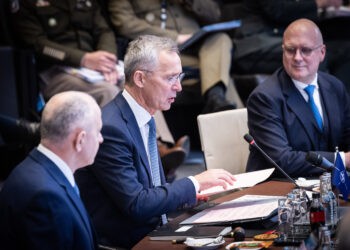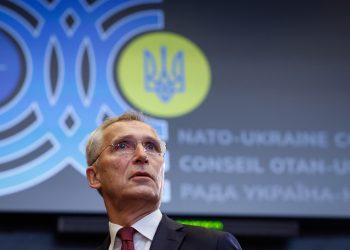Brussels – The decision is a national one, but NATO Secretary General Jens Stoltenberg is at least seeking coordination, which, after two years of Russia’s invasion of Ukraine, remains “vital” for Kyiv. The issue of conditionalities on sending arms to Ukraine regarding the possibility of striking military targets on Russian territory is inevitably at the centre of the informal summit of foreign ministers scheduled in Prague between today and tomorrow (May 30-31). “I think it’s time to reconsider some of these restrictions to allow Ukrainians to defend themselves for real,” is the North Atlantic Treaty Organization Secretary-General’s exhortation.
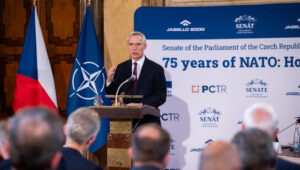
Having already anticipated on Tuesday (May 28), on the sidelines of the meeting of EU defence ministers, the intention to push the 32 members of the Alliance to “support Ukraine in its international right to defend itself,” Secretary General Stoltenberg clarified today, during NATO’s 75th anniversary conference, the reasons that should convince allies to coordinate better on this issue: “Restrictions on weapons delivered to Ukraine are national decisions, but, in light of how the war has evolved in recent months, I think we can reconsider the restrictions,” including those related to “hitting military targets just across the border.”
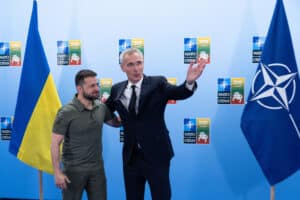
Compared to the beginning of the war, “when almost all the fighting took place deep on Ukrainian territory,” the situation in recent weeks has changed as fighting has intensified especially in the Kharkiv region on the Russian-Ukrainian border: “We see that the Russians can stand on their side of the border with a view that is more or less the same as the front line,” Stoltenberg explained, citing “artillery, missile launchers, and aircraft for ammunition and fuel” that, on Russian territory, are “safer” than they would be at the front in Ukraine, in that case attackable without any restrictions “with the most advanced weapons Ukraine has received” from allies. In other words, Russia can now afford to bomb Ukraine across the border with the same degree of precision, but Kyiv can hardly respond to attacks as it would risk having its supplies cut off by NATO.
This is why, at the informal NATO ministerial summit, Secretary General Stoltenberg will push to convince all allies that “the right to self-defence also includes the ability to strike legitimate military targets outside of Ukraine, just across the border from Russian territory.” Because Kyiv “can still win, but needs solid and continuous support from NATO,” he continued his appeal to the 32 allies. The goal is to arrive at the NATO summit scheduled for July 9-11 in Washington with a proposal for support “on a firmer basis, including a greater role in coordinating security assistance and training” and with a financial commitment “for more types of aid.”
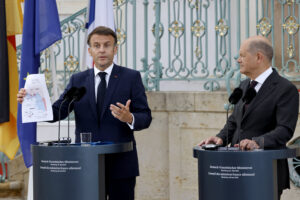
From left: French President Emmanuel Macron, and German Chancellor Olaf Scholz, on May 28 in Dresden (credits: Ludovic Marin / Pool / Afp)
Meanwhile, Stoltenberg’s exhortation can count on two prominent members within the Alliance, Emmanuel Macron’s France and Olaf Scholz’s Germany, who made known on Tuesday the favourable position to “allow Ukraine to neutralize the bases from which the rockets originate.” However, Italy remains strongly opposed, and its Deputy Prime Minister and Foreign Minister, Antonio Tajani, made it clear on the sidelines of the Foreign Affairs Council on Monday (May 27) that “all the military equipment that we send to Ukraine must be used for protection inside Ukrainian territory.” Tajani recalled that “we are not at war with Russia” and did not spare a criticism of Stoltenberg’s words, arguing that “sometimes a little more prudence is needed.” Between today and tomorrow, the two will have an opportunity to confront each other directly in an attempt to resolve one of the most pressing issues at the moment for Ukrainian defence from the Russian advance.
English version by the Translation Service of Withub